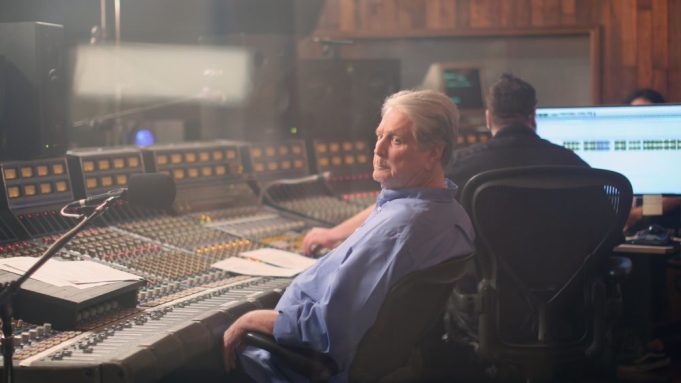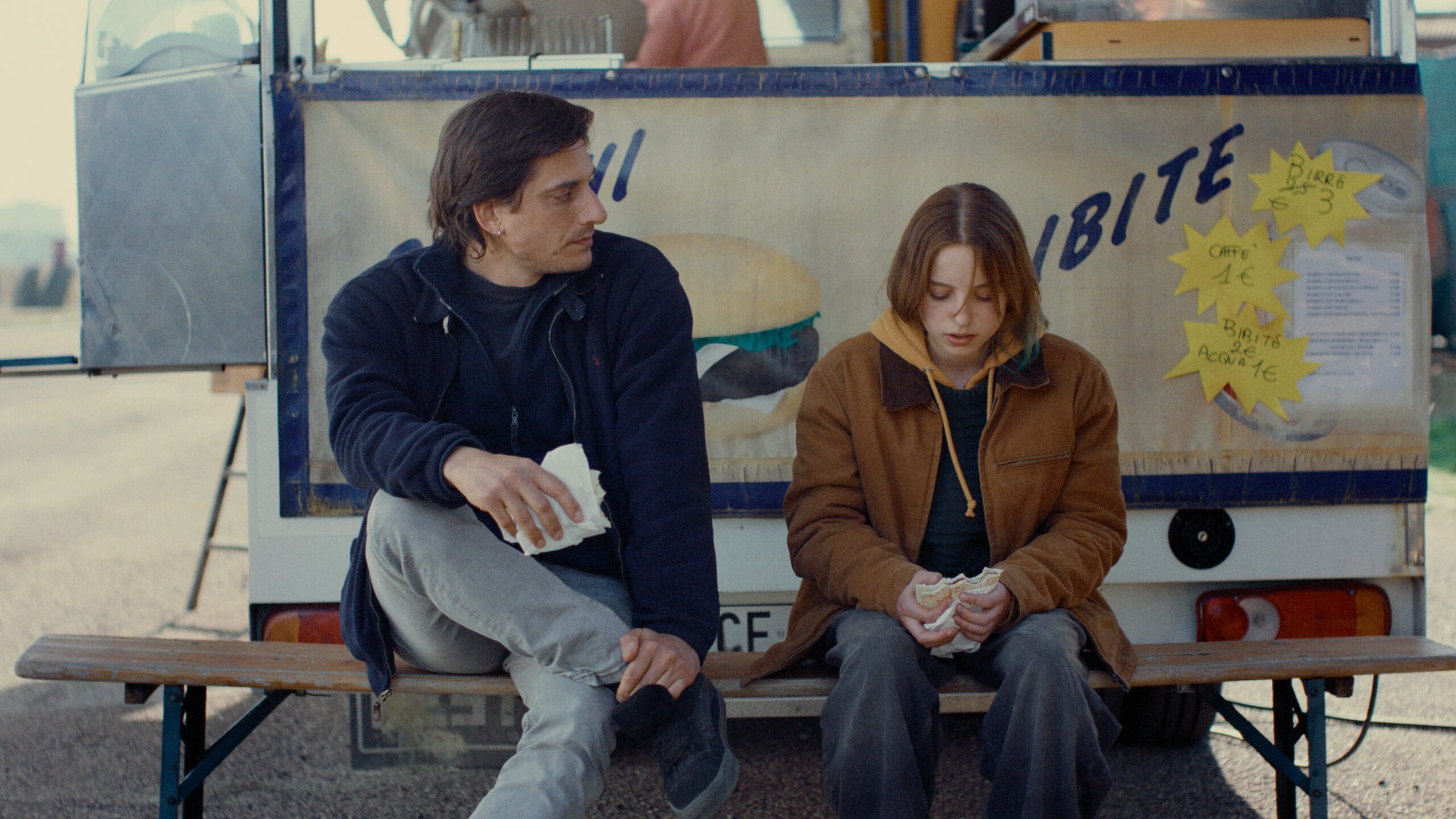
In 2014, I saw Bill Pohlad’s Love & Mercy at the AMC theater in the West Village. This really meant something because my weekend visits to Manhattan were strictly reserved for checking out a revival showing at Film Forum. So instead of enjoying The Third Man and the best popcorn in the city, I reclined in red leather seats and prayed I made the right decision. And I did.
Growing up with a brother whose aspiration was to be a rock musician, I had heard my fair share of Beach Boys tunes. But I’d known virtually nothing about the band’s founder, Brian Wilson, until seeing Love & Mercy.
It was one of those movies I wished my favorite critic, Roger Ebert, who died a year prior to the release, would have reviewed. His compassionate, personal assessment was always a reward following my most powerful moviegoing experiences and, in many ways, Brian Wilson: Long Promised Road was the very closure I’d been waiting for.
The documentary, directed by Brent Wilson (no relation), serves as a bit of a spiritual real-life epilogue to Love & Mercy. The biopic, which takes place during two parts of Wilson’s life (the 60’s and 80’s), is such a raw and pure life-to-screen translation that you may have been satisfied only knowing Wilson as an extension of Paul Dano and John Cusack’s extraordinary acting abilities.
But any qualms you may have going into the documentary are quickly put to rest. As Roger Ebert famously said, “the movies are like a machine that generates empathy,” and empathy is exactly the driving force of Long Promised Road.
The film takes you on a ride through LA with Wilson and his longtime friend and Rolling Stone editor, Jason Fine. Discussing life and music along the way, they hit up many of the places that make Wilson the singular artist and person he was and continues to be. Not only does this local road trip lens allow the film to subvert the tropes of music documentaries, but it also permits for rare access into the psyche of one of the most enigmatic and reclusive music legends of all-time.
While he may be terse, Wilson proves for audiences that less is indeed more. He fields questions from Fine, who was brought on to the project after several initial interviews with Wilson left little for the filmmakers to chew on.
Fine is able to elicit many precious thoughts and insights, asking all of the right questions with a calming and assuring tone that perhaps might have made him a great therapist in another life. There is never a moment where he draws attention to himself. Instead, he offers the paints for which Wilson can create a picture of his near 80-year life, 60 of which are made up of an inimitable career; it’s always up to Wilson how much he wants to put on canvas, and Fine respects that.
While the film does go through the necessary and well-known list of tragedies and successes Wilson experienced as well as testimonies from the likes of famous musicians such as Elton John, Bruce Springsteen and Nick Jonas, it offers just enough facts in a way that doesn’t eclipse the personal.
The conversations with Fine feel like moments in life that play out in memory only, but were miraculously captured in a type of cinéma vérité style that makes you feel as though you have been gifted a souvenir from someone’s life, a very difficult one at that.
For that reason, I won’t hint at or spoil the specific conversations and moments that play out in this intimate portrait, which should be praised the most for how it impressively deals with and captures a central part of Wilson’s life — his over 50-year battle with schizoaffective disorder.
We get to see Wilson in what can be described as a “weary innocence”; while he doesn’t say much, he is someone who manages to be charming, inquisitive, and thoughtfully concerned, all while emoting the everlasting, everyday sting of mental illness. At the end of the day, Wilson seems the most happy, comfortable, and strong, as a family man, supported by those he loves.
This is a heartfelt, hopeful film, a story of survival and a testament to the human spirit. In another director’s hand, it may not have been (I got to meet the director at the premiere and his delightful Kentucky warmth made all the sense why this film is as sincere and respectful as it is).
This was the film I needed after a year and a half in a pandemic because it spotlights the many things we all thought about at one point or another during this period: the gift that is friendship and human connection, the need to take care of ourselves and others, the power of artistic expression, the importance of cherishing our elders, and the quest to not let stories die with our heroes.
At an after-screening Q&A, the filmmakers mentioned that one of the many things Brian thinks about is the question of “What more time do you have, and what are you going to do with it?” Brian Wilson: Long Promised Road is time well spent.
CONNECT with NOIAFT:
SUBSCRIBE for more exclusive NOIAFT content: https://bit.ly/2LfCGyh
Visit the NOIAFT WEBSITE: https://noiaft.org
Like NOIAFT on FACEBOOK: https://bit.ly/2NHq19h
Follow NOIAFT on INSTAGRAM: https://bit.ly/2G1N8W3
About NOIAFT: The National Organization of Italian Americans in Film and Television (NOIAFT) aims to connect and empower Italian Americans to achieve their artistic goals.





